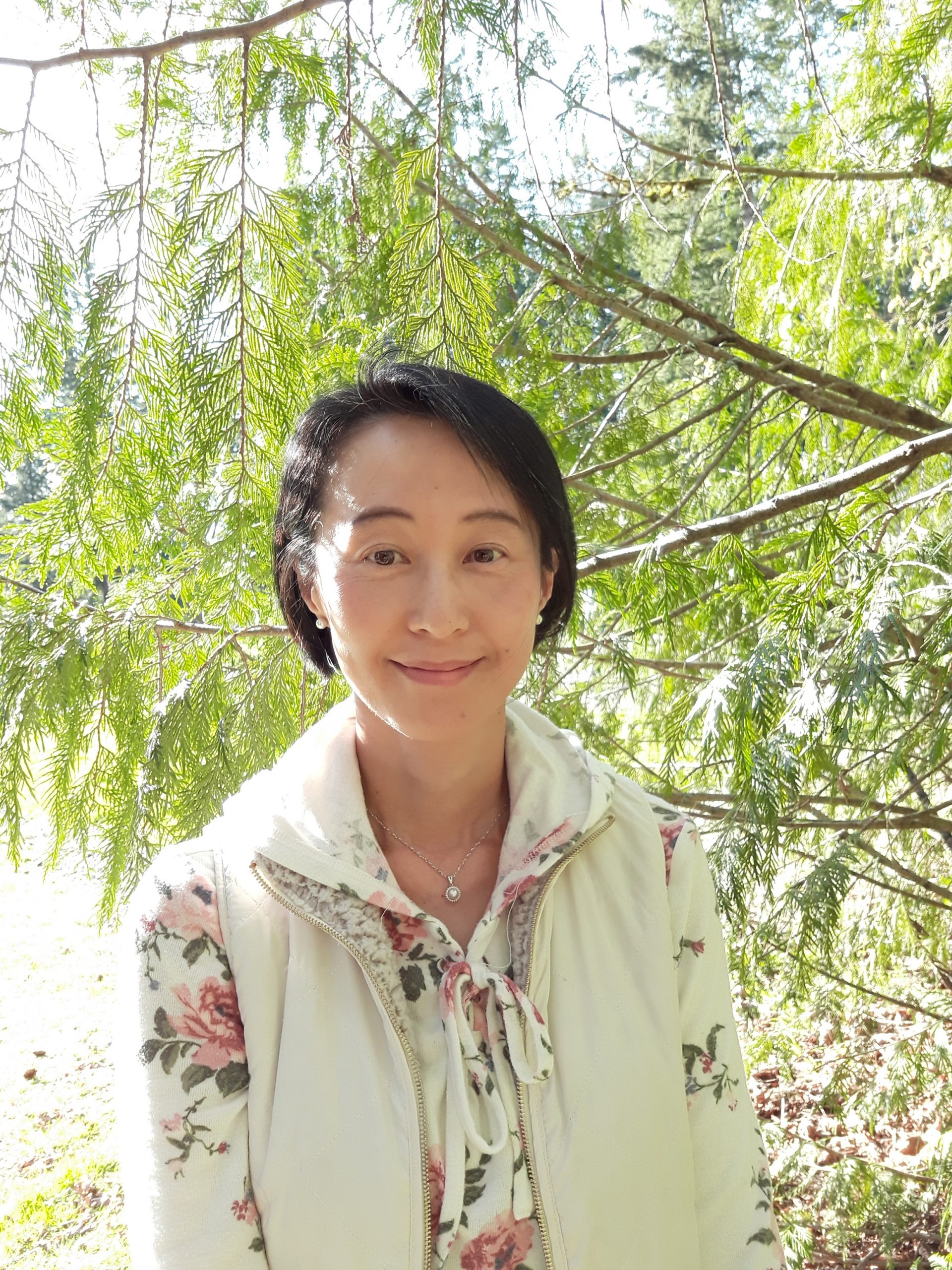About
My Background
I am originally from Japan. My life goal as a young child was to become a concert pianist. Despite my wish and my parents’ expectations, I failed the audition to get into a prestigious conservatory that would have promised a successful path toward such a goal. I was broken and devastated. My parents thought it was best to send me to America so that I could start a new life. I went to the U.S. alone when I was sixteen year old. I stayed with three different American families during the high school years, then moved on to college living. I had no skill in English when I first arrived and no one knew me. This country gave me an opportunity to seek and build who I am as an individual and to meet many wonderful people along the way.
At college, I pursued music and majored in piano performance in both my undergraduate and graduate studies. I had many opportunities for performances, both solo and ensembles. I suffered from an extremely high degree of performance anxiety, which led me to think about the attitudes I had collected toward life in general. I was forced to face questions such as Why am I doing what I am doing? and What am I living for?
I sought the meaning of my life through music education. I held a high ideal of what music is supposed to be, and how it should be taught. Teaching was satisfying as I saw many young people blossom into fine musicians, but the feeling of “so what?” remained. It is very enjoyable to be able to play beautiful pieces of music, but is that all there is to it? The questions and doubts remained: Why am I doing what I am doing? What for?
Learning to improvise at the piano changed this perspective dramatically. When I improvised, I was no longer able to hide behind other people’s compositions. Every note I played during improvisation was a direct mirror of who I was. I felt I was a fake, and intensely wished to be more authentic, and have this be reflected in the sounds I created.
I realized that the way I had played the piano was a reflection of how I lived my life. I was playing a role rather than becoming who I could be. I was living according to the belief that if I played my role perfectly I would be accepted by others, just like when I played all the notes of others perfectly, I would be respected. This was false. I realized then what we all must eventually come to realize: the only thing we need to do in this life is to become who we truly are.
Improvising and being creative at the piano opened an entirely new door for me. I began to seek more authenticity and congruency in who I am and what I do. I resonated very much with Carl Jung’s concept of Individuation and sought a degree in Counseling Psychology where the false layers of my “role-playing” started peeling off like an onion. It wasn’t always pretty, but it was worth it.
I now find the greatest satisfaction in assisting others in this necessary journey. I have a private counseling practice and also worked at the prison in Monroe. I understand the shame that many inmates carry as I suffered from it for such a long time.
I am grateful to be able to do the work I do. I value the connection that can develop between individuals, a connection that can heal the deepest wound.
Akiko Kinney (Mental Health Counselor Associate License # LH60389362)
Member of American Counseling Association, member of National Board of Certified Counselors, continuing education at The C.G. Jung Institute, Zurich.
Master of Arts in Counseling Psychology from Argosy University in Seattle, WA.
Master of Music in Piano Performance from University of Washington, WA.

